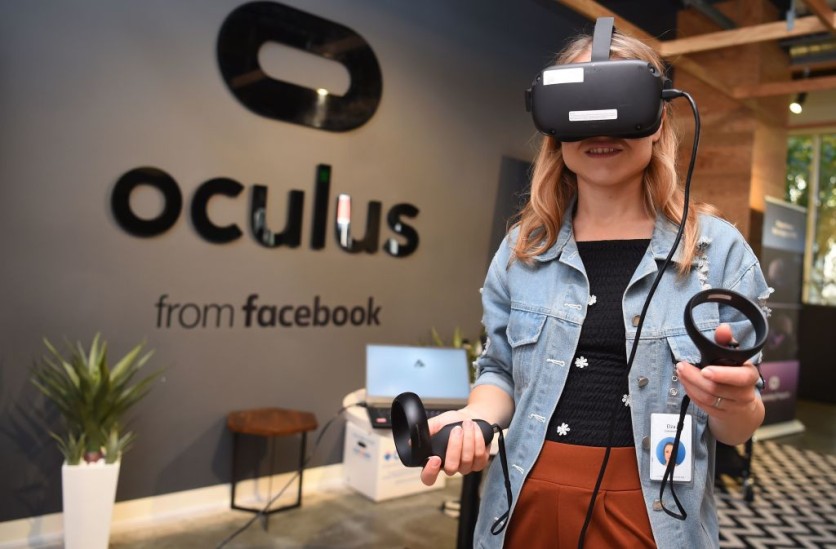Meta's acquisition of the VR fitness app Supernatural is now the target of a new antitrust probe by the FTC.
The Verge reports that the probe is due to regulators wanting to look deeper into the company's sudden interest in buying up VR startups recently. It used to be that their only interest was to just acquire social media startups, which is a bit more related to their main business.
To date, the social media giant has acquired five VR startups before Supernatural VR fitness. Among the more high-profile purchases was that of Beat Games, the studio behind the massively popular virtual reality title "Beat Saber."
Meta (then known as Facebook) acquired the studio for an undisclosed amount, according to Variety. However, the deal (alongside four others before Supernatural) was allegedly not scrutinized due to the prices being too small.
The Supernatural VR fitness purchase, on the other hand, cost over $400 million, which is likely the reason why it's now being targeted by the FTC.
In a report by Reuters, the acquisition is allegedly Meta's way of "slowing down its competition" in an apparent preparatory move for the Metaverse. This makes a bit of sense, considering that the company has been investing in related technologies recently.
Among these technologies is a so-called "haptic glove" that will let users "feel" objects in cyberspace as they would in real life. Combine this haptic glove technology with virtual reality-say, in a fitness application-and it could be easy to see why the FTC is wary about the purchase.
The probe is also billed as part of current FTC Chairperson Lina Khan's attempt to ensure that Big Tech will not "illegally shut out" upcoming competitors in other platforms.
As of this writing, neither Meta or the FTC has issued official comments on the issue.
Read also: Facebook's Parent, Meta, Bans "Cyber-mercenaries" Spying on its Users
Meta And Antitrust Probes: A Long-Standing Battle
Considering that Meta is one of the world's largest tech conglomerates, battles against antitrust regulators are not exactly news to them.
A lot of people might recall how the company formerly known as Facebook managed to snap up almost every other potential competitor. There's Instagram (bought for $1 billion), WhatsApp (bought for a whopping $21.8 billion), and Oculus VR (acquired for $2 billion).

With all these acquisitions, lawmakers are expressing concern that Big Tech is allegedly abusing their "monopoly power." As such, they introduced plans to implement the Antitrust Law late last year, which aims to stem the growing power of tech giants including Meta, Apple, Google, and Amazon.
Mark Zuckerberg's empire, however, seems to have shifted from its usual strategy. With their constant push towards the metaverse, acquiring VR startups seems to be the most sensible move.
What's Next?
For now, it remains unclear whether the antitrust probe will actually yield something incriminating. But until then, the newfound push for the metaverse will involve more virtual reality startup acquisitions in the near future.
Related: Matrix's NEO Keanu Reeves Asks for a Metaverse Not 'Invented by Facebook'
This article is owned by Tech Times
Written by RJ Pierce
![Apple Watch Series 10 [GPS 42mm]](https://d.techtimes.com/en/full/453899/apple-watch-series-10-gps-42mm.jpg?w=184&h=103&f=9fb3c2ea2db928c663d1d2eadbcb3e52)



